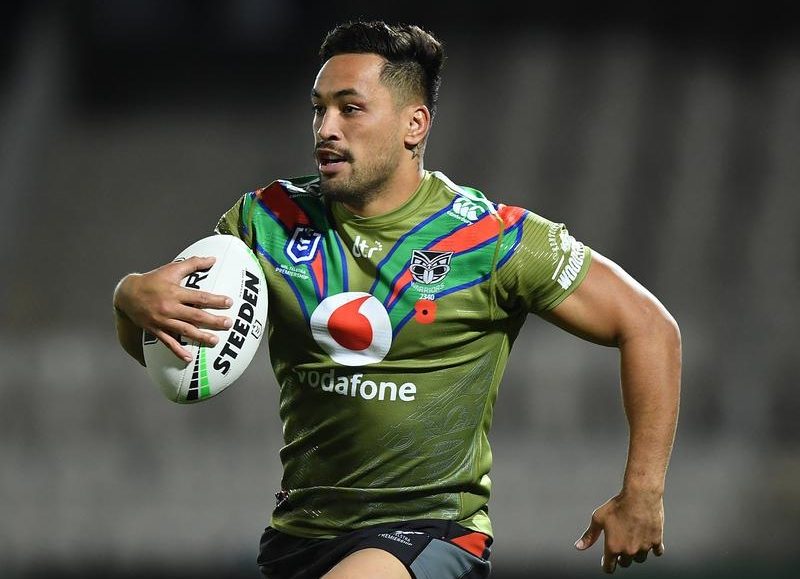
Teams sympathising with the Warriors after their games has become a regular feature of the Kiwi team’s difficult time in Australia but winger Patrick Herbert says enough is enough.
While thankful for the kind words on offer from their NRL rivals, Herbert hopes nobody in his team is dining out on such sentiment as they prepare to meet fellow-strugglers Brisbane in Gosford on Saturday.
The latest to address the Warriors post-game were Melbourne captain Cameron Smith and coach Craig Bellamy after the Storm delivered a crushing 50-6 lesson in Sydney last Friday, a result all the more stinging as it was the Warriors’ first outing after the sacking of coach Stephen Kearney.
“Cam was just saying how hard he’d imagine it is leaving our families. He’s pretty much tipping his hat to us,” Herbert said.
“Obviously we appreciate it, every team’s done it for us, but we don’t want to hold onto those sort of emotions, of people feeling sorry for us.
“We want to let it go now and just get the job done.”
The Warriors winger said a competitive spirit still boiled within the team despite three substantial losses in their last four games.
He played down the issue of teammates awaiting exemption for their NZ-based family members to join them in Terrigal.
Four players – David Fusitu’a, Ken Maumalo, Agnatius Paasi and Leivaha Pulu – are considering returning home following the round nine match against Cronulla if there is no update on family movement.
Herbert, whose wife and baby are allowed with him in Terrigal because she is Australian, said it was a personal issue for the affected players and revealed the subject has not been discussed behind team walls.
“All I’ve seen is the stuff that’s been in the media really. We don’t ask them questions, we don’t want to go up to that level. We’ll let them worry about it and work at training.”
Competition bosses Peter V’landys and Andrew Abdo addressed the affected players on Saturday but there was no fresh information about border exemptions.
Herbert said efforts had been made to keep unhappy teammates on an even keel.
“We won’t try to be their partner or cook their dinner or whatever, but we all try to be there as a group,” he said.
“It’s not like they’re left alone in their rooms. We’re still doing stuff together.
“It’s all those little things like coming home to your partner, to your kids, the things you take for granted. That’s the hardest thing.”




